|
A past professor encouraged us to reformat our emails to busy supervisors. Often we start with pleasantries, and hide our true purpose for emailing in a body of text or at the bottom of the email. Get to the point with these templates.
To continue reading, click below.
0 Comments
Transitioning from college to residency, I learned many workplace lessons that ended up being rather traumatic. Any infographic or article you see that lists the differences between Baby Boomers, Generation Xers, and Millenials summarizes many of the challenges that twenty-somethings encounter in the workplace. While we use email and text as a go-to communication tool, more experienced colleagues and supervisors find it impersonal and possibly offensive to address certain topics via email. Similarly, being called in for a one-on-one meeting with your boss may throw a millennial in a tizzy. What did you do wrong? Why are you in trouble?
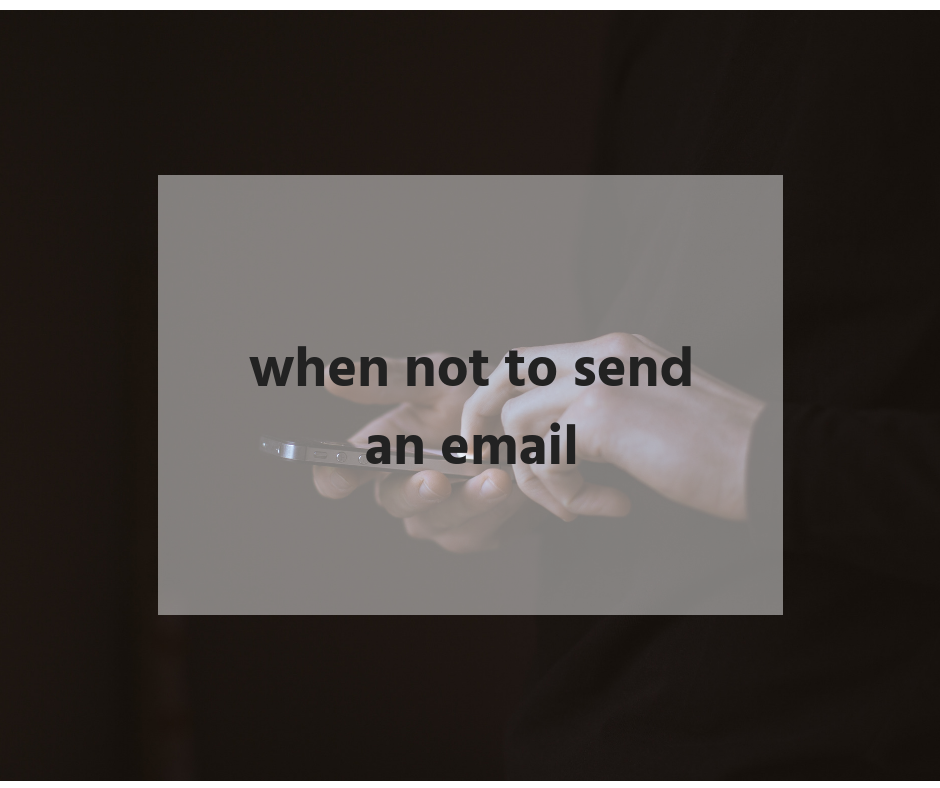
While everyone can benefit from understanding why and how these different generations function, that doesn’t mean everyone is going to assimilate. Learning how to construct an appropriate email is important. Learning when not to send an email may be even more important.
Email often lacks context, making it a challenging communication medium in general. When Baby Boomers and GenXers view email as impersonal and disconnected, the problem is compounded. As humans, we are programmed to consider facial expressions, tone of voice, body language, and our knowledge of the person. With email, we’re limited to the text in front of us and our knowledge of the person. Some consider TYPING IN ALL CAPS to denote excitement. For others, it’s angry.
You may also like: How to email your professor (or any supervisor)
Do you find yourself gossiping about a peer?
Is she a woman? Would you say the same things about a male peer? Gender bias is persistent on both sides of the gender aisle.
I first heard the term "stretch assignment" in undergrad from a lecturer discussing career development. She encouraged us to identify those opportunities that are a bit beyond our current skill set and comfort zone, and embrace them as an opportunity for growth.
Did you know that women are more likely to apply for a job only if they meet all of the listed qualifications? But men will apply even if that last few bullet points don't describe them. Once I read this statistic, my entire approach to growth transformed. Many of my peers, upon graduation with their Master degree, are job searching. For myself, I am preparing myself for doctoral training, and reflecting back upon these past 2 years. What projects would I like to spend my time on? How will it influence my training and career path?
Whether you are meeting your advisor for the first time, or are interested in revitalizing a placid relationship, these tips can help you not only make the most of your weekly meetings but improve your productivity and success as a graduate student.
Here's three possible scenarios.
In high school, there was a quick change from using Britannica encyclopedias in the library (media center, anyone?) or online, to the tempting world of Wikipedia. Every time we had a paper assigned, the teacher would call out after us when the bell rang, "Wikipedia doesn't count!"
Transitioning into college, Wikipedia became more...consistent? reliable? solid? Or at least gave off the appearance of such a resource. I used Wikipedia as a starting point (it is the first result on Google, after all...) and then use the keywords linked in the articles to find more "reputable" citations. So do I still use Wikipedia? |
popular postsLike what you read?
categories
All
archives
July 2024
This website uses marketing and tracking technologies. Opting out of this will opt you out of all cookies, except for those needed to run the website. Note that some products may not work as well without tracking cookies. Opt Out of Cookies |



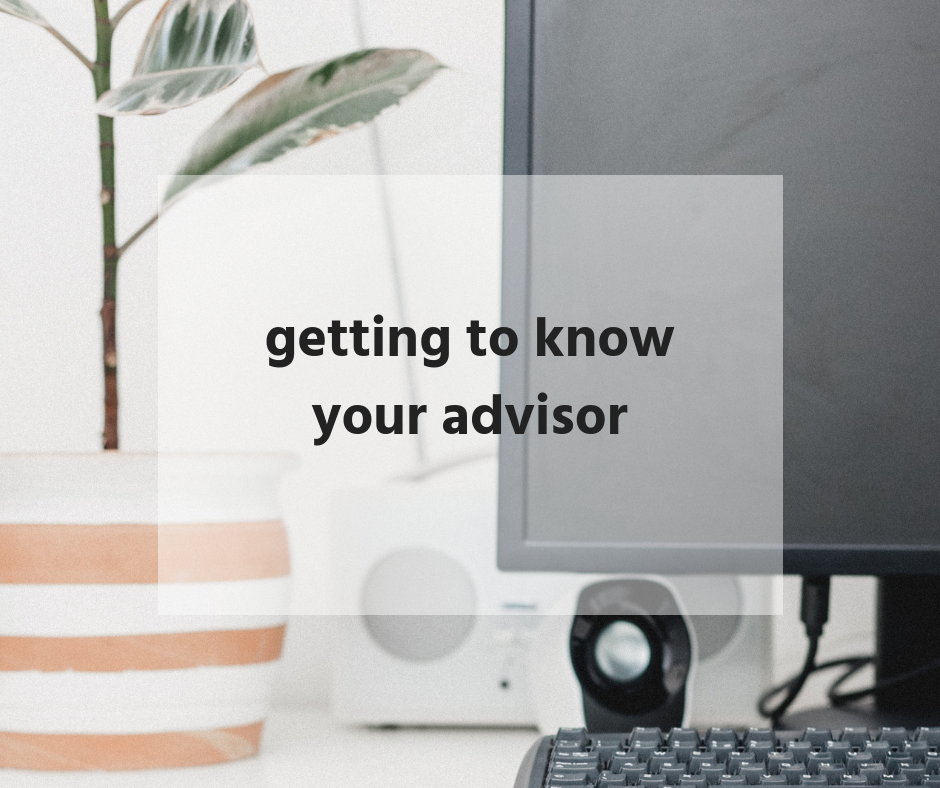
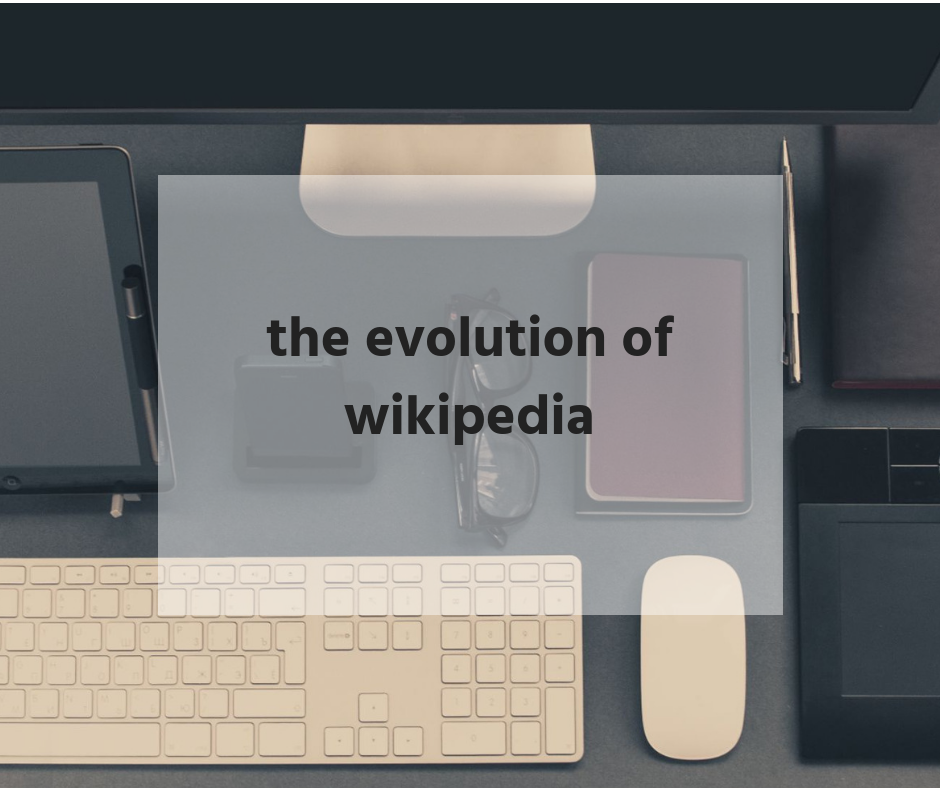



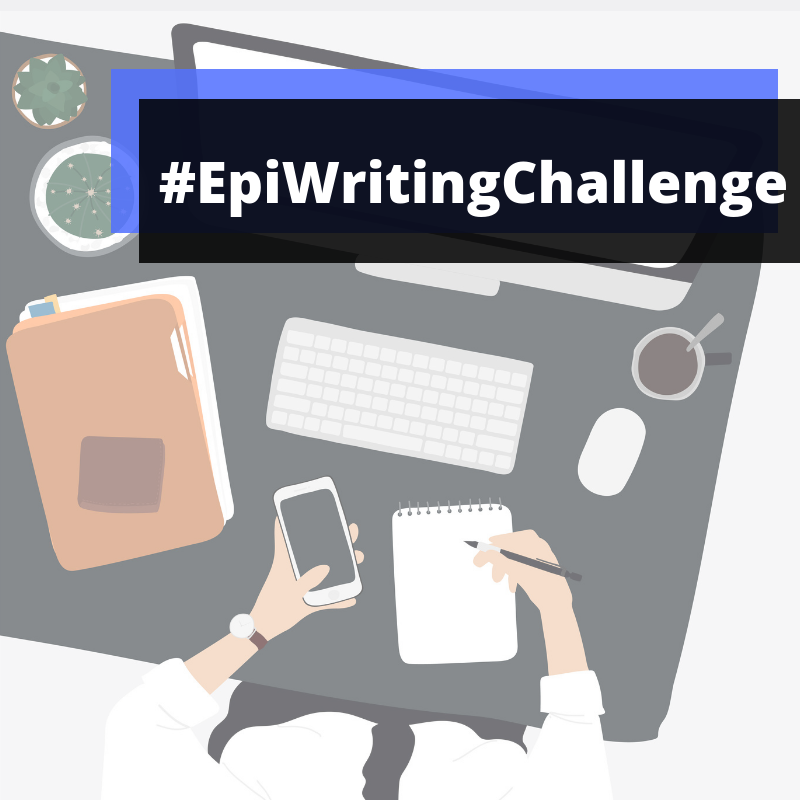

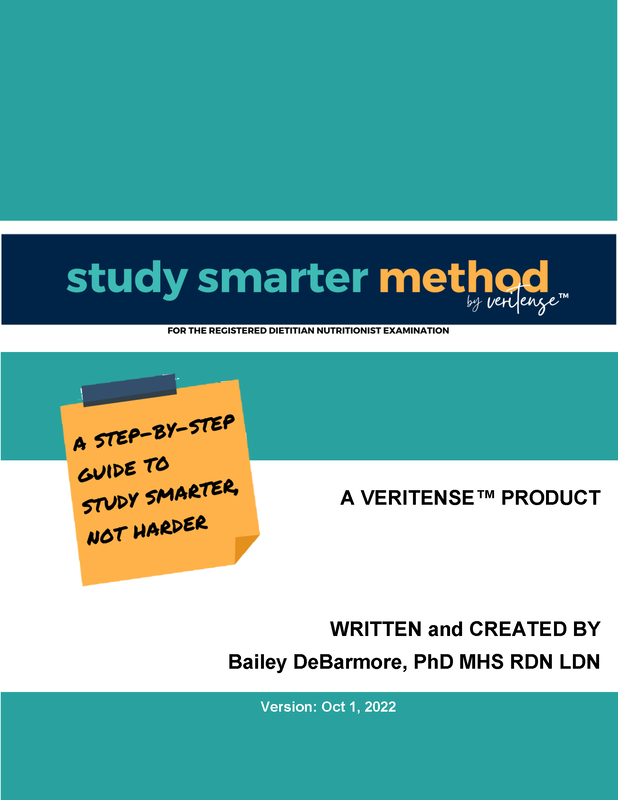

 RSS Feed
RSS Feed